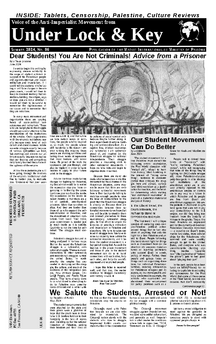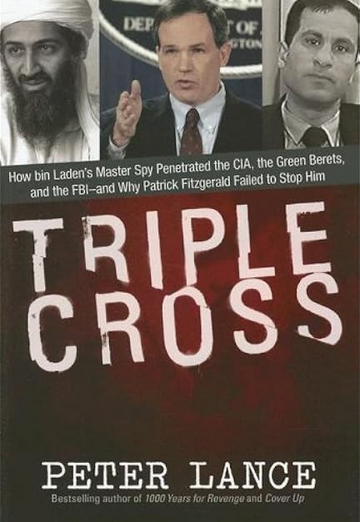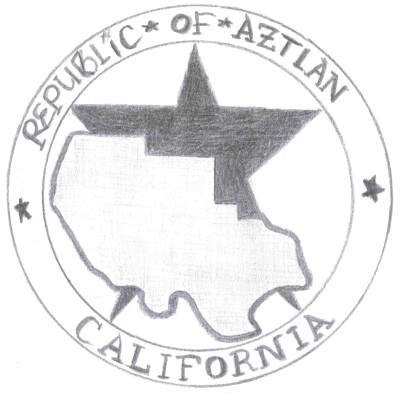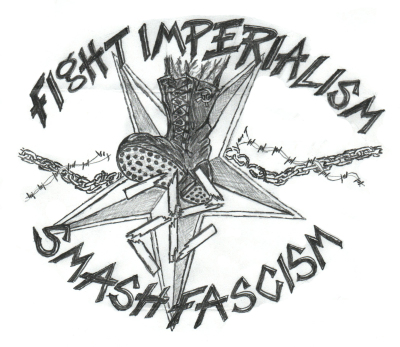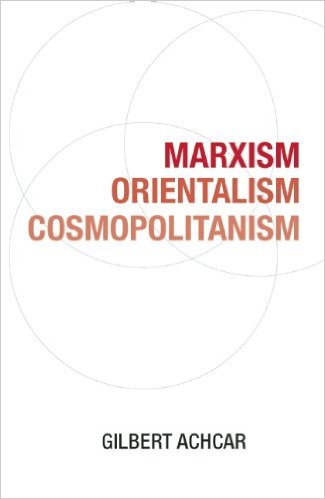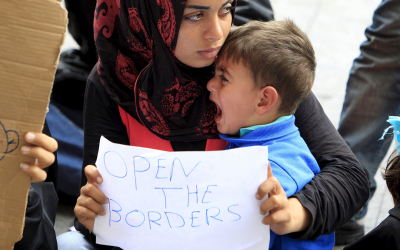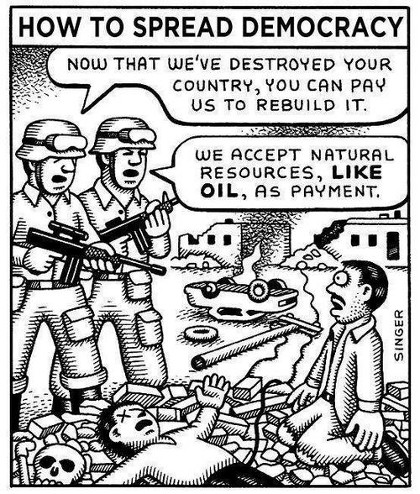
Yemen Leads Humanitarian Intervention to Stop the Genocide in Gaza
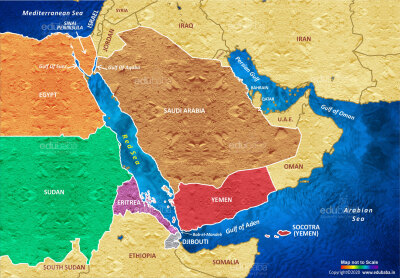
On 23 December 2023 Reuters reported Iranian Revolutionary Guards stating the Red Sea will be closed if the United $tates and its allies continue to commit “crimes” in Gaza. The next day, a drone struck a commercial tanker owned by an I$raeli billionaire in the Gulf of Oman. The U.$. and I$rael claim it was Iran who launched the drone, but Iran denies it.
While involvement of Iran in the emerging regional war remains cryptic, the Ansar Allah party has been very open about drone attacks launched by the Yemeni Armed Forces on ships in the Red Sea. They have said that until the siege of Gaza ends, shipping by I$raeli companies through the Red Sea is not gonna happen. When U.$. Secretary of State Antony Blinken called for them to stop their attacks, they responded brazenly with “No.”
Secretary of State Blinken has been behind imperialist bombings in Yemen for many years, as we discussed in a 2015 article.(1) It is no wonder that the Ansar Allah slogan is “Allah is great, death to the United States, death to Israel, curse the Jews, and victory for Islam.”(2)
Yemen has been at war with the Amerikans and their Saudi partners for decades now, and despite being one of the poorest countries in the world, have maintained their sovereignty against those imperialist attacks.
The Yemeni Armed Forces response to the bombing of Gaza started with warnings against any ships entering the Red Sea associated with I$rael, boarding ships and telling them to turn around. Then on 19 November they took over the ship Galaxy Leader with helicopters dropping off armed troops and boats flanking the tanker. They flew the Palestinian flag on the ship and posted videos online.
In addition, the Yemeni Armed Forces has shot missiles and flown drones into southern I$rael. They even knocked a $40 million U.$. drone out of the air.(3)
In Yemen, hundreds of thousands marched in opposition to the recent bombings of Gaza by I$rael. The people of Yemen have long stood in strong solidarity with Palestine liberation.
The Red Sea, going through the Suez Canal, is one of the three most critical shipping routes in the world, with bulk goods and containers going to the Mediterranean. The Red Sea is full of war ships from all over the world, Djibouti being the home of many imperialist naval bases. As much as 30% of global shipping containers can be in this area at any time.(3)
Many major shipping companies have stopped shipping through the Suez Canal in recent weeks. This forces them to go around Africa, delaying ships weeks to a month, greatly increasing cost.
In response to all this, the Amerikans recently announced a U.$. naval task force to combat Ansar Allah named “Operation Prosperity Guardian”. Can’t let interventions against genocide get in the way of profit flows the the United $tates. No states on the Red Sea have signed on and the only Arab state to sign on, Bahrain, has no navy of its own but hosts U.$. military bases. Meanwhile, close military allies such as Jordan and Saudi Arabia are not willing to sign on. It is not just in Yemen that the people are outraged about what is happening in Gaza. No Arab state, no matter how brutal and reactionary, is willing to stand with the U.$./I$raeli camp in this genocide.
Even Egypt, whose whole economy is threatened by a halt of shipping through the Suez Canal, cannot assist the U.$. effort against Yemen. They figure they can survive economic collapse better than the response of their people to such betrayal of Yemen and Palestine.(4)
Saudi Arabia is currently involved in the peace process in Yemen, bringing internal peace and unity to Yemen, following Ansar Allah’s victory against U.$./Saudi warfare. Standing up for Palestine militarily strengthens Yemen’s position in the peace negotiations.(4)
I$rael is taking a huge economic hit from the war overall. The I$raeli airport is mostly closed, cutting off important tourist money. The Palestinian proletariat from the West Bank and Gaza are no longer coming in to do work, and tens of thousands of Thai proletarians have left kibbutz farms where they did much of the agricultural work for the country. Meanwhile, half a million I$raelis evacuated the south and the government is paying to house them in hotels. Unemployment in I$rael has tripled in the last month, and businesses have lost half of their revenues.(3) Ansar Allah is contributing to this increasing economic pressure on I$rael demonstrating what real internationalism looks like in the face of a genocide against an oppressed nation.
^*Notes:
1. Wiawimawo
of MIM(Prisons), July 2015, Honduras to Yemen: Puppet Regimes Falter,
Under Lock & Key Issu 45
2. We of course would not promote a
slogan of “curse the Jews.” There is a history of anti-Jewish sentiments
creeping into the communist movement. Discussing the pogroms that
happened after the October Revolution in Russia, Bolshevik leader
Preobrazhensky stated:
“This anti-Semitic agitation, frequently masking under radical slogans, represents an enormous danger both to the Jewish people and to the revolutionary movement in the country, for it threatens to drown in fraternal blood the whole cause of freeing the people and to cover the revolutionary popular movement with indelible shame.”
To this day we still have problems in the international communist movement (ICM) of groups focusing on Israel, rather than the imperialist powers. This reference to Jews by Ansar Allah’s slogan, similarly risks misidentifying the enemy, though correctly putting U.$. imperialism first.
As for victory to Islam, see: Wiawimawo
of MIM(Prisons), January 2016, Islam as Liberation Theology, Under Lock
& Key Issue 48.
3. most of the facts in this article are
from the radio show/podcast The Electronic Intifada from 24 December
2023.
4. Mitchell
Plitnick, 21 December 2023, Biden administration’s flawed response to
Yemen attacks increases possibility of regional war,
Mondoweiss.*^
Related Articles:This article referenced in:
